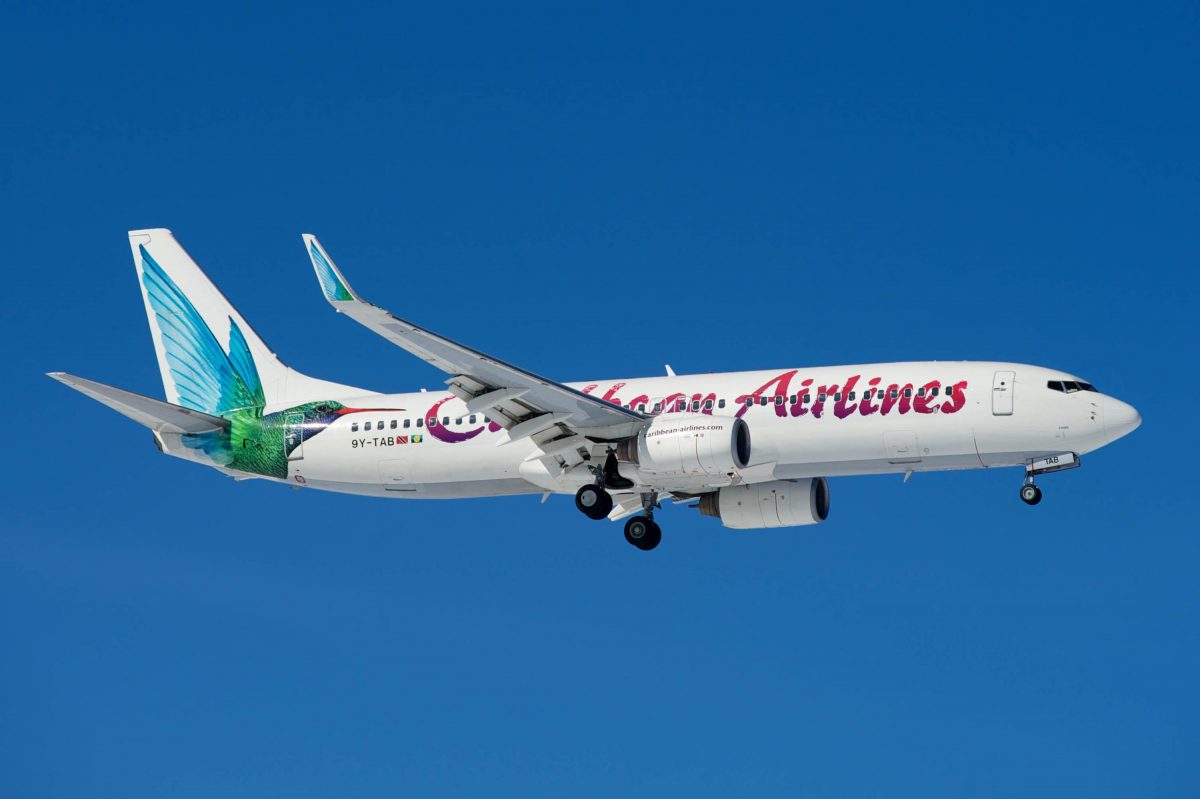Widely regarded as a faithful but, frequently, unreliable servant of regional air travel, Caribbean Airlines, in a recent statement, is seeking to provide the region with an undertaking that it will not only recover from its catastrophic revenue losses arising primarily out of the impact of Covid-19 and its repercussions for regional air travel, but also that the carrier will realise that undertaking with no reduction in the quality of its service to the region.
While a June 23 Caribbean Business Report story quotes the company’s Chief Executive Officer, Garvin Madeira as saying that the company will be seeking not to disappoint passengers as it seeks to implement “new measures” to reverse its decline in revenue and job losses, long-suffering regional air travellers who have chosen to keep faith with the much-maligned airline are likely to assume a proof-of-the-pudding response if they are to embrace the assurances currently being offered by the beleaguered airline.
CAL’s undertaking to brush up on customer care, an area regarded by travellers as one of its key weaknesses, comes on the back what it says has been losses amounting to TT$172.7 million (one TT dollar = US$0.16 cents) as well as a 75 per cent decline in revenue, this year, so far, compared with the same period in 2020. These figures, according to the statement, have been extracted from the company’s unaudited financial results for the first quarter of this year. Simultaneously, CAL has disclosed that its comeback effort comes at a cost of at least 450 jobs being cut.
In what would appear to be an impassioned appeal to its customer base not to turn its back on a company that many say had, indeed, served the region well, Madeira is quoted as saying that while the Covid-19 pandemic has had a “damning impact on Carib-bean Airlines’ operations and financial position,” the company continued to offer services on many routes and provided invaluable repatriation flights for Caribbean citizens. Our cargo operations diversified as we offered charter services and expanded into new markets,” Madeira said, adding that CAL had “made major changes that substantially reduced our costs and kept the airline operational,” though he accepted that the current situation “now requires us to take further steps to ensure that Caribbean Airlines has a sustainable model for 2021 and beyond.”
The challenge that could face the company’s efforts to restore confidence in its service is likely to repose in what its customers may see as a dichotomy between a strategic restructure centred around cost reductions in all areas of its operations, “specifically our people, our fleet and other assets, and our route network” on the one hand and the company’s efforts to assure customers that these moves “will not impact our passenger and cargo services, nor will it affect the quality of service, safety and customer care that we give to you,” in the other.
The bottom line here, is, that if customers who are aware of CAL’s service to the region over the years may buy Madeira’s pronouncement that CAL “remains committed to connecting the people of the region,” the company will have to do a great deal more on the ground to restore the level of customer confidence which it has lost in recent years.
Leaving aside the key role which Caribbean Airlines plays in the overall regional air travel regime, its significance to the Trinidad and Tobago economy is reflected in an editorial published in the Tuesday June 22 issue of the Trinidad Express (“Facing Tough Times Ahead”) which describes “plans to cut 450 jobs” as a “dramatic curtain raiser on the economic bleakness that awaits the country on the other side of COVID 19.”
Just how significantly the worm has turned for Caribbean Airlines is reflected in the fact that less than five years ago the company had been the recipient of multiple successive awards as the Caribbean’s leading Airline at the Annual World Travel Awards. By 2019 a study undertaken by the Competition and Consumer Affairs Commission (CCAC) in Guyana was accusing CAL of keeping fares to and from Guyana artificially high in order to “offset the Port of Spain/ Tobago air bridge that has financially hemorrhaged the airline.” Relations between CAL and its Guyanese customers had, since then, slipped further on account of inefficiency problems associated with flight schedules and baggage handling and it will take some doing for CAL to fully persuade what has been a lucrative Guyanese market to be persuaded that the airline has returned to what they customarily refer to as “the good old days.”






